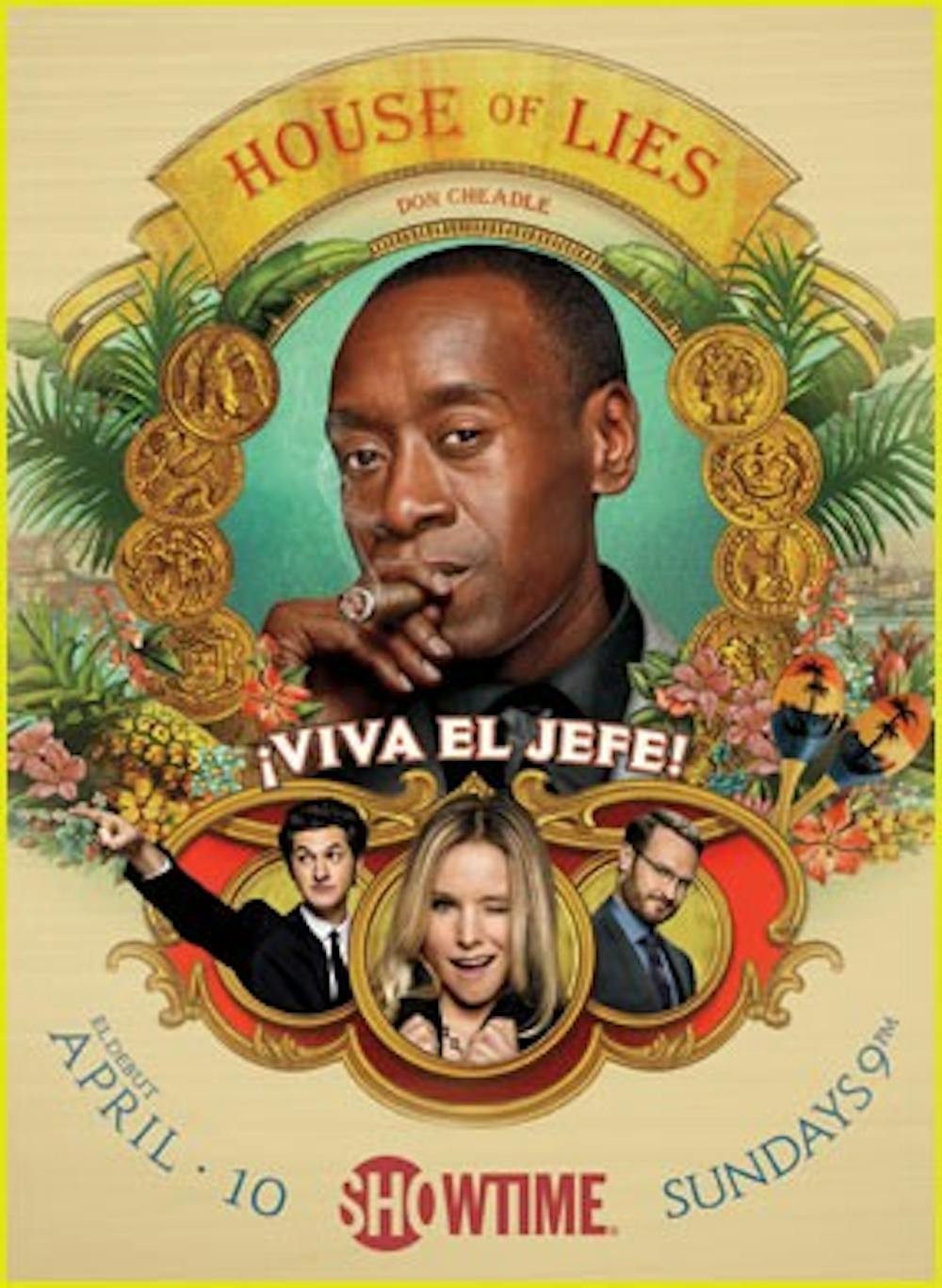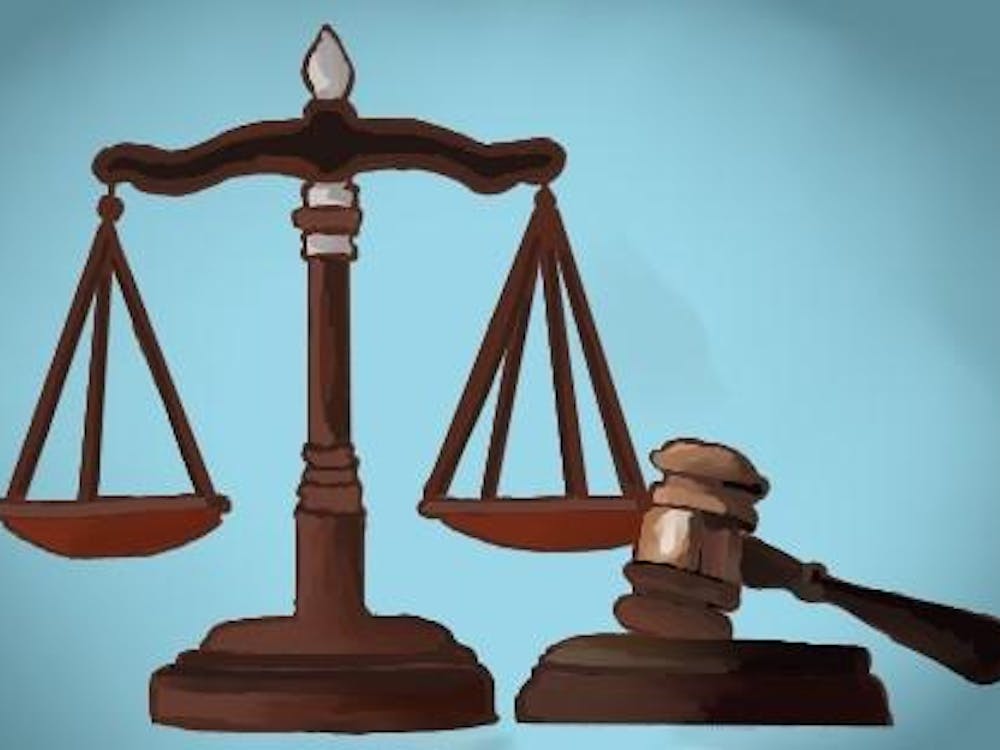“House of Lies,” a Showtime comedy-drama starring Don Cheadle as the bull-in-a-china-shop management consultant Marty Kaan, did its very best to give viewers a millionaire’s fairytale ending.
The show’s final episode landed Kaan and his associates in Cuba, attempting to close a deal that would allow a large real estate development company to spread its tentacles into the Caribbean country, exploiting its culture and easygoing pace for a one-time payout.
Somehow, in the span of a 30-minute episode, Kaan sees the error of his ways: that maybe, money can’t buy happiness. The show closes with a predictable, almost Disney-inspired wedding between Kaan and his business partner, Jeanie Van der Hooven, and the two dance the night away with some perpetually smiling Cuban partygoers.
The series finale paints a pretty picture of morals trumping the evils of capitalism, but, much like many other major plotlines throughout the series, it reeked of inconsistency. Kaan was infamous for swathing all of his business ventures in ruthlessness and debauchery. He did this for the sake of securing what he called “afterwork”: additional assignments for Kaan’s consulting team resulting in endless billable hours.
When Kaan’s son, Roscoe, was reconciling his identity as a genderqueer teenager navigating through predominantly white, upper-class spaces, Kaan was out signing contracts. When Kaan’s father was diagnosed with Parkinson’s disease — a plot twist that virtually disappeared literally episodes after its introduction — he was off making enemies for the sake of a pay raise.
Possibly the worst: when Kaan was out for a jog and brutalized for the crime of “running at night while black,” he thought the best course of action was to jump on a plane to close a deal with a narcissistic and overtly racist casino owner. Of the aforementioned sins, this was easily the most shocking.
The show toys with the repercussions faced by the lead character dealing with being black in a predominantly white professional setting, but it appears the producers believed glossing over this complex and intriguing topic was a far better option.
With all of this in mind, it is important to ask how much the producers of “House of Lies” can actually peddle the morality-over-money mantra when the main character has actively chosen the almighty dollar over his identity? How is it that the show’s creators can use the thin smokescreen of comedy to deliberately leave major plotlines undeveloped?
Perhaps “House of Lies” meant well — that after marrying the woman he loves and maintaining his integrity as a businessman, Kaan may see some of the virtues in communism and share his millions with the poor Cuban children he played soccer with in the series finale.
On the other hand, much more likely and much more saddening, Kaan will continue to be the self-involved, rapacious go-getter viewers experienced in season one, leaving the show where it started: underdeveloped, overstated and good for a shallow laugh every once in awhile.





